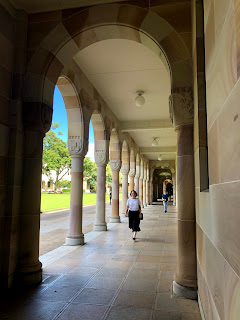Our Waiting for Speech Pathology research team were invited to present a paper at the Metropolitan Paediatrics Units (MP4Kids) & Regional Paediatrics NSW (RPNSW) Conference to be held in Bathurst 29-30 April 2021.
Our paper is titled: Waiting for Speech Pathology: Advice vs Device
MP4Kids is a clinical network representing all Level 4 paediatric units in general public hospitals, in metropolitan and outer metropolitan Sydney.
RPNSW (Regional Paediatrics NSW) is a peer-support network for regional clinicians.
Both groups comprise doctors, nurses and allied health professionals who provide care for infants, children, adolescents and their families https://aci.health.nsw.gov.au/networks/paediatric/about/MP4Kids_and_Regional_Paediatrics
The conference was attended by 150 people in the room (the first face-to-face conference for some time due to the COVID-19 pandemic) as well as 90 people online.
The excellent 2-day event was packed with inspiring presentations about innovations and care for NSW's children. The event ended with Emeritus Professor Richard Henry discussing the Henry Review followed by speakers outlining the implementation plan for the 77 recommendations.
I had the opportunity to meet with many people who are working hard to support NSW's children. At the end of the conference I had a long discussion about speech pathology waiting lists with Andrew Davison, Chief Allied Health Officer, Ministry of Health.
 |
| Katrina Rohr presenting our paper based on our NSW Health Translational Research Grant |
 |
| Sharynne with Katrina Rohr and Emily Davis from the speech pathology team in Bathust |
 |
| Emeritus Professor Richard Henry discussing the Henry Review |
 |
| Alison, Andrew Davison, Emily Davis and Sharynne after the conference |

















